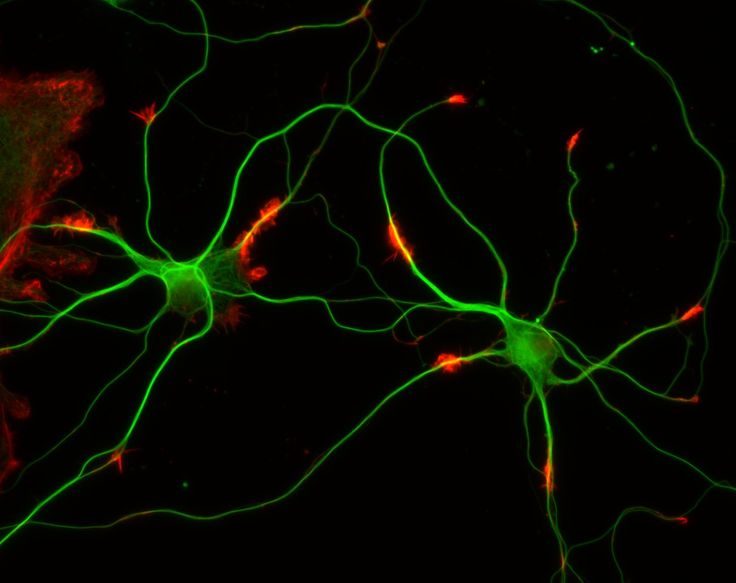Announcements
$1.5 Million in New Grant Funding for Promising Treatments
 The Alzheimer’s Drug Discovery Foundation (ADDF) awarded three new grants in September and October. Two of the grants support the development of drugs to preserve memory storage and synaptic function in Alzheimer’s patients. The third award, to Dr. Frank Longo of PharmatrophiX, funds the advance of a new class of drugs that have shown promise for treating Alzheimer’s, Huntington’s, and Parkinson’s diseases.
The Alzheimer’s Drug Discovery Foundation (ADDF) awarded three new grants in September and October. Two of the grants support the development of drugs to preserve memory storage and synaptic function in Alzheimer’s patients. The third award, to Dr. Frank Longo of PharmatrophiX, funds the advance of a new class of drugs that have shown promise for treating Alzheimer’s, Huntington’s, and Parkinson’s diseases.
Dr. Howard Fillit, Founding Executive Director and Chief Science Officer of the ADDF, says: “These three grants represent our commitment to accelerating promising research. Recent findings shed new light on synaptic plasticity, and scientists are quickly using that knowledge to develop drugs to preserve memory. And PharmatrophiX continues to develop first-in-class treatments for Alzheimer’s and other diseases that protect neurons. The ADDF has been supporting Dr. Longo’s work on multiple drugs since 2000, and we are inspired by his progress.”
TREATMENTS:
CLINICAL
Mark Gurney, PhD, Tetra Discovery Partners
BPN14770 Safety and Cognitive Benefit in Young and Elderly Subjects, and Phase 2 Enabling Three-Month Toxicology Study
$866,835
The process of forming long-term memories involves signals moving across the connections between neurons, which are called synapses. Cyclic adenosine monophosphate (cAMP) is critical for stimulating these signals and, in earlier studies, researchers found that the enzyme PDE4D degrades cAMP. Tetra Discovery Partners has developed a molecule, BPN14770, which selectively inhibits PDE4D and may protect synapses and memories in Alzheimer’s disease patients. Dr. Gurney and the team at Tetra have completed the first part of a Phase 1 clinical trial of BPN14770, which showed the drug was well-tolerated in healthy adult patients. With this funding, the researchers will perform a Phase 1b study in healthy elderly patients, and concurrently, a toxicology study in animals. Their goal is to enable testing of BPN14770 in an eventual Phase 2 trial.
PRECLINICAL
John Lisman, PhD, Brandeis University
Treatment Strategies Based on Enhancing Dopamine Release from Noradrenergic Axons
$461,910
Recent research has found that dopamine, best known as the brain chemical that regulates reward-motivated behavior, plays a surprising role in Alzheimer's disease. It is involved in how our synapses (i.e., neural connections) help to store memories. The process requires dopamine release in the brain’s memory center, known as the hippocampus. But the dopamine comes, unexpectedly, from noradrenaline cells rather than cells that normally release dopamine in the brain. Dr. Lisman and his colleagues at Brandeis University will attempt to increase dopamine in the hippocampus of animals using existing, FDA-approved drugs that block the conversion of dopamine to noradrenaline. They will also test whether this enhances memory and slows degeneration in this area of the brain.
Frank Longo, MD PhD, PharmatrophiX
IND-Enabling Development of Small Molecule TrkB Ligands for Alzheimer’s Therapeutics
$150,000
Brain-derived neurotrophic factor (BDNF) is critical to the growth and protection of neurons and in the development of short-term memory. BDNF binds to receptors on the surface of neurons, signaling them to survive and/or grow. Dr. Longo is developing two types of compounds to activate one of the BDNF receptors, called TrkB. In early preclinical studies, these compounds showed promise for Huntington’s, Rett syndrome, Alzheimer’s, and Parkinson’s, though they didn’t achieve high enough levels in the brain to be effective enough to treat those diseases. With this funding, Dr. Longo will optimize his lead compounds to achieve higher levels of the compounds in the brain. His goal is to find the best drug candidate to take forward into future testing.